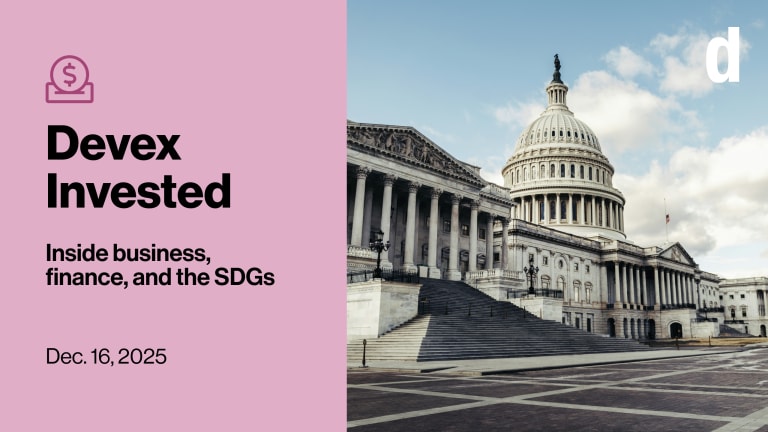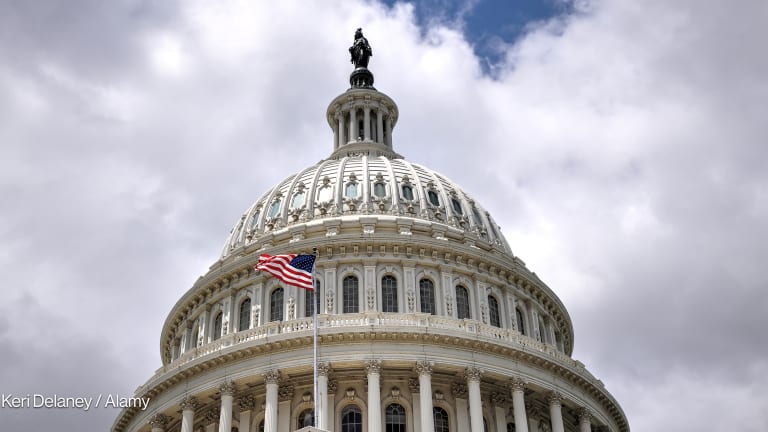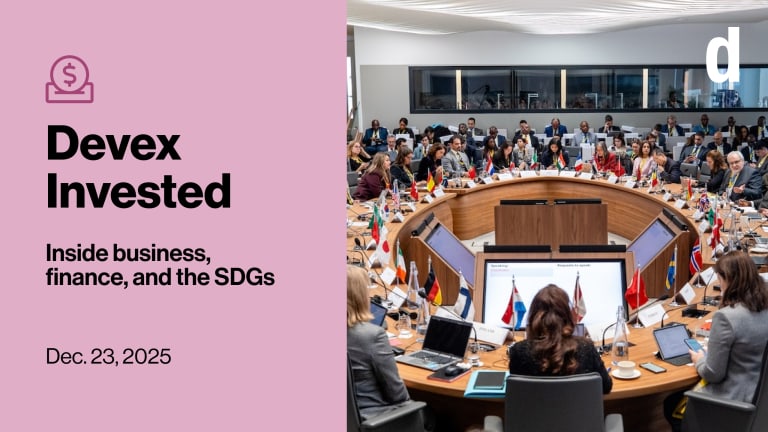U.S. President Obama has made two trips to India during his time in office, and on both occasions Elizabeth Littlefield, chief executive of the Overseas Private Investment Corp., accompanied him.
Littlefield heads the roughly 250-person government agency that has come to embody the administration’s business-first approach to global development, and her position has become central to a growing debate about risk, return and impact in U.S. development finance decisions.
OPIC, which extends partial risk guarantees and other financial services that can incent investors to enter new or uncertain markets, straddles the line between corporate lending and social good. The agency looks for deals that will open new markets and spur development outcomes, but it also realizes a return on its lending and puts money back into the U.S. treasury year after year.








